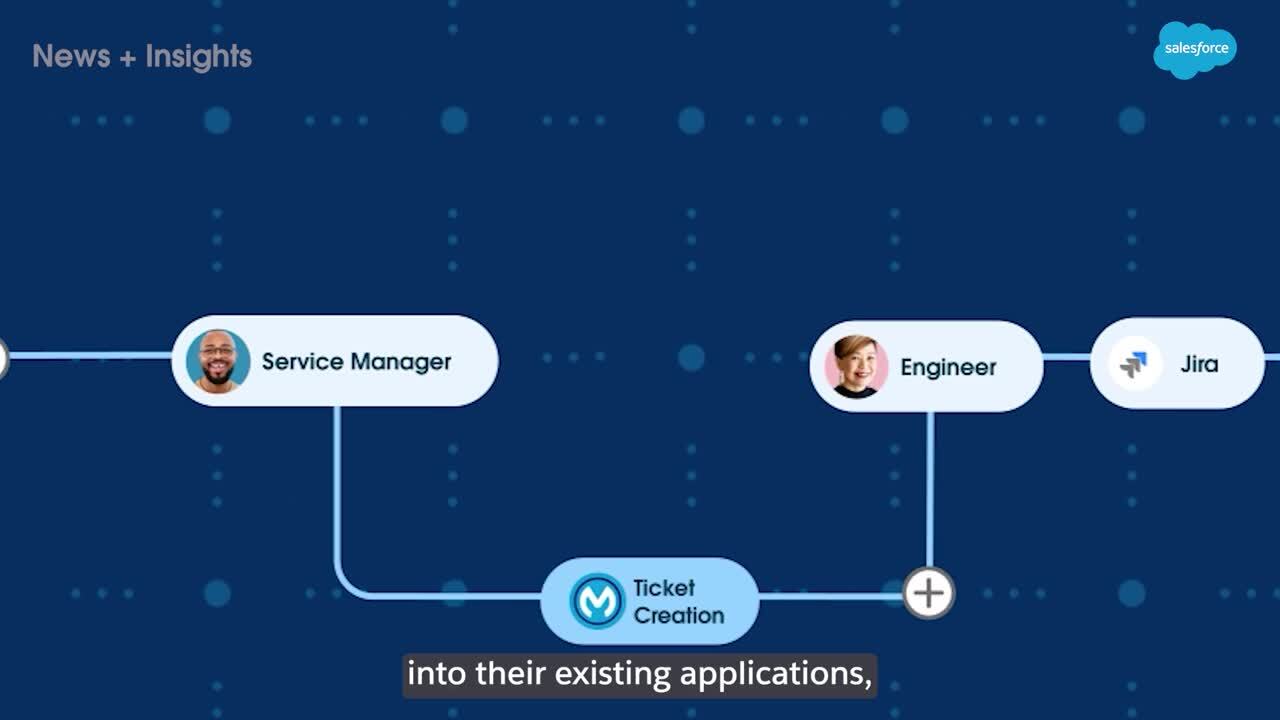Alibaba’s Innovative Leap into Generative AI: Transforming the Development Landscape
As the digital world evolves, companies are racing to harness the power of generative AI, and Alibaba is firmly placing its bets on this burgeoning technology. The firm has recently witnessed a remarkable spike in AI-related revenues, showcasing a growth of three digits year-over-year in the fourth quarter of fiscal 2024. This surge is not merely a number but a testament to the vast potential generative AI holds for the tech landscape.
Unveiling the AI Programmer
In a bid to streamline software development processes, Alibaba’s Cloud Intelligence Group has introduced an impressive tool known as the “AI Programmer.” This innovative solution utilizes the company’s proprietary large language model (LLM) to combine the functions of software architecture, development engineering, and testing roles into a cohesive unit capable of delivering applications in mere minutes. Imagine developers spinning up entire software environments as if they were ordering a takeout meal—this tool is a game-changer for anyone in the tech industry, whether a solo developer or part of a larger corporate structure.
Revolutionizing software development with AI technology.
Alibaba is positioning this tool to resonate with both individual and corporate developers, effectively boosting its cloud portfolio and making a strong case for its capabilities in the crowded generative AI market.
Riding the Generative AI Wave
The generative AI sector is thriving, with projections indicating it could balloon to $36.06 billion in 2024 and soar to $356.10 billion by 2030. This anticipated growth, with a staggering compound annual growth rate (CAGR) of 46.5%, presents Alibaba with a fertile ground for expansion. The launch of Qwen2.5, the latest iteration of its Tongyi Qianwen LLM family, further cements this position. Qwen2.5 promises improvements in reasoning, code comprehension, and textual understanding, which are crucial for developers seeking to leverage AI in their projects effectively.
Moreover, Alibaba’s Model Studio has seen significant updates, now housing over a hundred models, including robust offerings from AI firms like Baichuan AI. This upgrade empowers developers with a versatile toolkit that includes an open-source framework—an important enhancement, considering the fast-paced nature of technology development.
Efficiency Redefined: The Tongyi Lingma
Among the standout innovations is the Tongyi Lingma, an AI programming assistant that sets a new standard for software development efficiency. By significantly reducing test code implementation time by over 70%, Tongyi Lingma is perfect for developers aiming to reclaim time for creativity and strategic thinking.
“In the world of technology, time is often equated to money. Tools that can bridge the gap between idea and execution are invaluable.”
This quote encapsulates the pressing need for efficiency in our tech-driven landscape. Every minute saved during development opens up new opportunities for innovation and improvement in our rapidly changing environment.
Showcasing the potential of AI tools in the programming world.
Navigating a Competitive Battlefield
However, as I reflect on Alibaba’s journey, it’s essential to acknowledge the challenges ahead. The generative AI space is fiercely competitive, with giants like Microsoft, Amazon, and Alphabet all vying for dominance. For instance, Microsoft recently rolled out a suite of generative AI tools designed to enhance retail experiences, from personal shopping assistant features to integrating retail data systems. Meanwhile, Amazon is pushing forward with its AI assistant, Amazon Q, designed for robust conversational abilities and enterprise system integration. Alphabet’s response with Gemini, leveraging its extensive AI model capabilities, presents an equally formidable challenge.
In an environment where the strongest players are continuously innovating, Alibaba’s existing advantages will be tested rigorously.
Assessing the Financial Landscape
Despite these competitive pressures, it’s important to examine Alibaba’s financial health. With shares down 1.4% year-to-date, trailing behind the industry’s 16.1% return, the pressure of performance hangs heavy. Comparatively, Microsoft, Amazon, and Alphabet show robust gains of 19.5%, 22.1%, and 28.4%, respectively. The consensus estimate for Alibaba’s fiscal 2025 earnings suggests a 4.9% decline from previous figures, indicating potential headwinds in the coming years.
Comparing financial performance within the tech industry.
Embracing Future Opportunities
Despite these hurdles, my optimism for Alibaba’s sustained momentum in the generative AI domain is unshaken. The company’s robust efforts in expanding its international commerce reach and enhancing its offerings within the Chinese wholesale market signal that there’s still room for growth. The prospects for a total revenue of $138.63 billion in 2025, aligned with a modest 6.2% year-over-year growth, illustrates this potential.
In conclusion, Alibaba’s generative AI endeavors are not just about keeping pace but are also about leading the charge into a future where technology’s capabilities can redefine what is possible. As other companies push the envelope, Alibaba’s commitment to innovation positions it to play a crucial role in shaping tomorrow’s landscapes, not just for itself but for developers and businesses worldwide.
In a world where technology can often feel like an unapproachable giant, developments like these can help democratize not just software development, but the very essence of technological opportunity itself.


 Photo by
Photo by 











